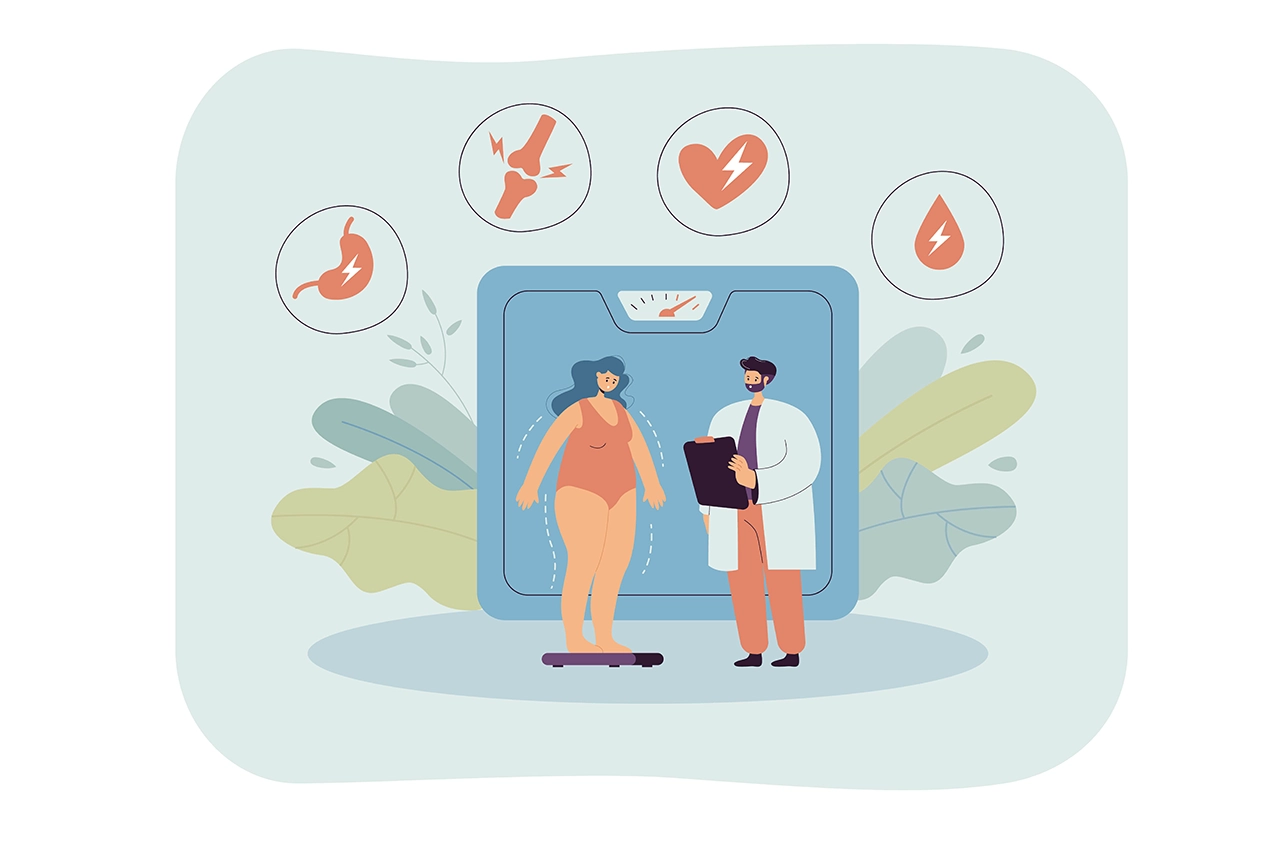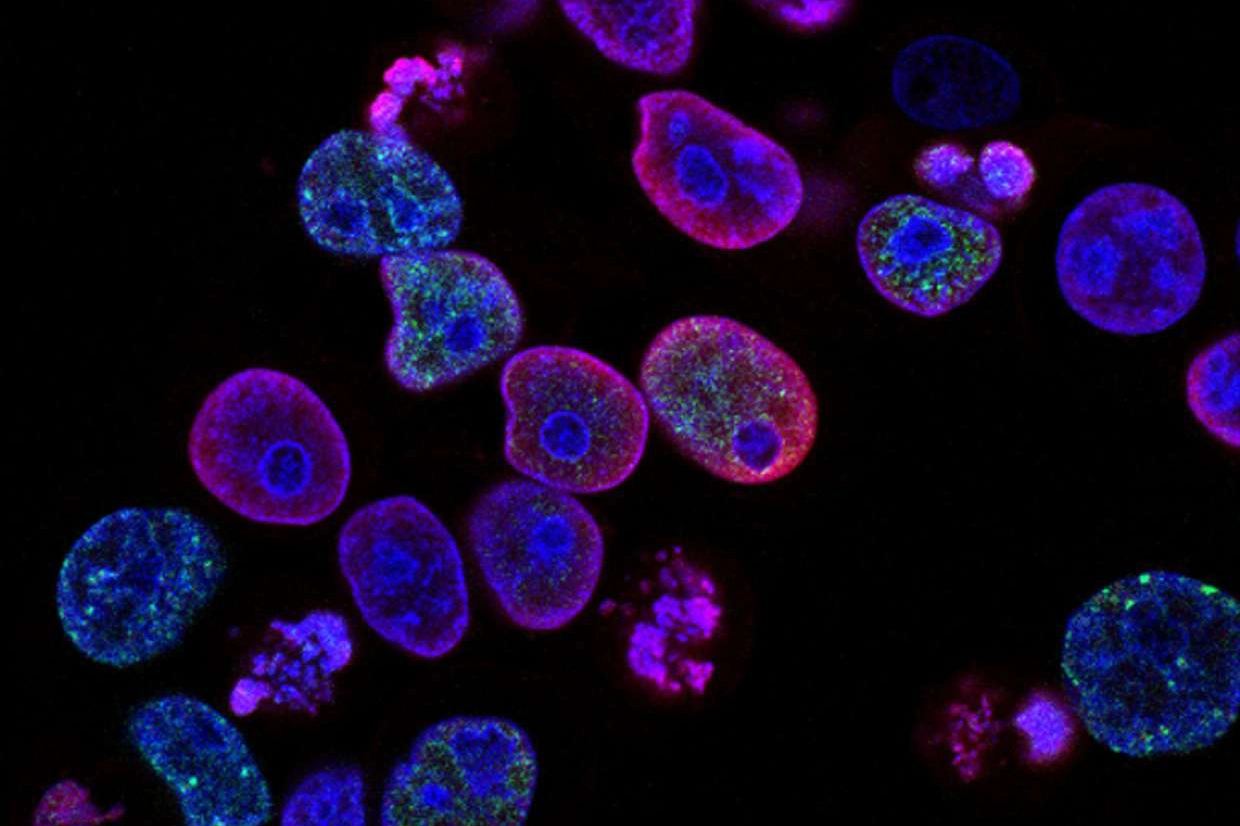Obesity, insulin and cancer: the hidden mechanisms of the link
Obesity, defined as a chronic disease characterised by excessive fat accumulation, affects one in eight people worldwide in 2022, according to the World Health Organisation. It is associated with an increased risk of developing various diseases, including type 2 diabetes and certain cancers. Type 2 diabetes, which usually results in tissue resistance to insulin, further increases the risk of cancer and worsens the outcome of cancer treatment. The mechanisms behind this link are still not fully understood and remain the subject of research. One possible explanation puts the spotlight on the hormone insulin, which is normally involved in blood sugar regulation in the body. However, in overweight individuals with insulin resistance, it is hypothesised to be a key factor in the growth and development of tumours.




